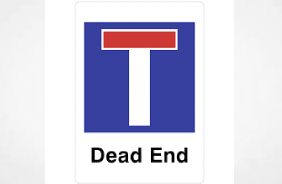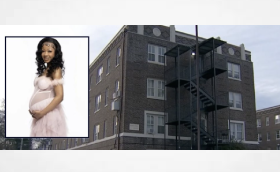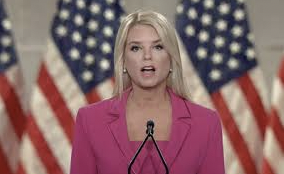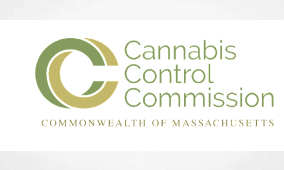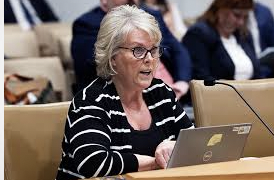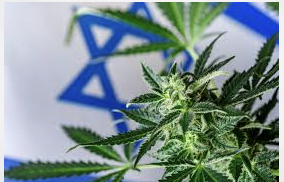Here’s the press release in full
WORCESTER—Adult-use Marijuana Retailers in Massachusetts have now tallied more than $1 billion in gross sales, according to information reported in the state’s mandatory seed-to-sale tracking system, the Cannabis Control Commission announced Tuesday.
At close of business on Friday, October 30, aggregate data recorded in Metrc by 80 Marijuana Retailers operating statewide reached $1,000,521,905, coming nearly two years after the first two adult-use stores on the East Coast opened their doors November 20, 2018.
“This sales milestone represents licensees’ ability to successfully support a safe, accessible, and effective adult-use industry, and I am pleased the resulting tax benefits will have a significant impact on communities throughout the Commonwealth,” Commission Chairman Steven J. Hoffman said. “These numbers also speak to Commission licensing and enforcement staff working around the clock to make sure these businesses and their products comply with all of our regulations, especially the health and safety provisions. Each year, as this marketplace matures, the public will continue to see progress on state mandates and Commission objectives, including our commitment to equity, and the steps we have taken in 2020 are evidence of that.”
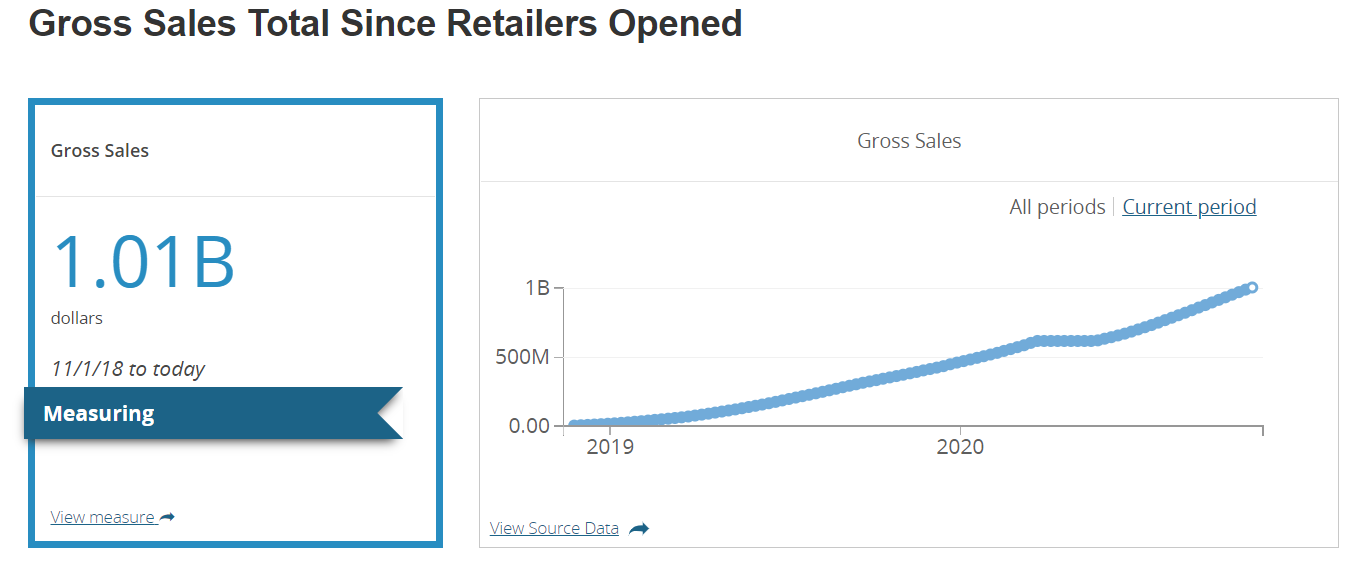
Source: Cannabis Control Commission’s Open Data Platform
Over the first year of adult-use sales, from November 2018 to November 2019, 33 Marijuana Retailers generated $393.7 million in gross sales, before licensees ultimately tallied $444.9 million for the full calendar year of 2019.
Since January 1, 2020, Marijuana Establishments have already surpassed those figures, generating $539 million in gross sales despite two months of closures as a result of the COVID-19 public health emergency in Massachusetts. During the pandemic, the Commission has implemented numerous protocols, including social distancing requirements, sanitation measures, and curbside service at licensed locations throughout the state that put first the health and safety of employees, patients, and consumers, while also supporting Marijuana Establishments’ ongoing operations. Read more at MassCannabisControl.com/COVID19.
Licensing, Agents, and Equity
Since Massachusetts’ first two Marijuana Retailers opened in 2018, 82 more have received notices from the Commission to commence operations statewide and are in the process of opening. Another 201 Marijuana Retailers with provisional or final license approval are completing the Commission’s inspection and compliance procedures towards that end.
In total, the Commission has licensed 688 Marijuana Establishments, including Cultivators, Product Manufacturers, Independent Testing Laboratories, Microbusinesses, and more. Currently, 40 Cultivators are open for business, with the capacity to grow up to a maximum of 1.26 million square feet of canopy in the Commonwealth.
The Commission is also in the process of finalizing changes to its adult-use regulations that will support home delivery of marijuana and marijuana products, after launching the initial license applications for adult-use Delivery-Only operators in May. To further the agency’s mission of ensuring industry participation by communities that have been disproportionately harmed by marijuana prohibition, the evolving Marijuana Courier and Marijuana Delivery Operator license types will be exclusively available to certified Economic Empowerment Applicants (EEAs) and Social Equity Program (SEP) Participants for a minimum of three years. So far, the Commission has issued two Delivery-Only—or Marijuana Courier—licenses to such applicants and pre-certified 47 more who are interested in offering delivery services in Massachusetts.
To date, two EEA licensees, two SEP licensees, and five Disadvantaged Business Enterprises (DBE) – or state-certified minority-, woman-, or veteran-owned companies – have opened. Additionally, the Commission has issued provisional licenses to 14 more EEAs, 21 more SEP Participants, and 87 DBEs that represent they have attended the state’s Supplier Diversity Office class and received expedited review from the Commission. Another four provisional licenses have gone to applicants who maintain both EEA status and participate in SEP, while seven more provisional licenses have gone to SEP Participants who are also DBE certified.
As of October, across all categories of licenses, the adult-use cannabis industry in Massachusetts consists of nearly 10,300 active Marijuana Establishment Agent registrations, up from 6,700 in November 2019. Of those, approximately 33 percent identify as female and 66 percent identify as male, while 74.2 percent of registered and proposed agents identify as White, 6.7 percent identify as Hispanic, Latino, or Spanish, and 5.9 percent identify as Black or African American.
This spring, the Commission’s first cohort of 143 SEP Participants received technical assistance and training across four teaching tracks. For the second cohort, 285 applicants qualified and now have access to technical assistance and training that started in July and continues through this winter. Participants who are approved for the program based on three criteria receive automatic program benefits, such as expedited application review by the Commission’s licensing team, certain fee waivers, and exclusive access to license types such as the Marijuana Courier and Marijuana Delivery Operator licenses.
Public Health, Safety, and Research
Throughout 2020, the Commission has continued to lead on initiatives that prioritize the public health and safety of Massachusetts residents and increase patient and consumer awareness. As part of its multimillion-dollar campaign, More About Marijuana, which has traditionally focused on responsible use and preventing youth access, the Commission has incorporated new educational materials about the dangers of home manufacturing, COVID-19 safety tips for cannabis consumers, and the risks of vaping, in response to statutory requirements and recent health emergencies.
The Commission issued three industrywide emergency orders over the past year in response to reported occurrences of e-cigarette, or vaping, product use-associated lung injury (EVALI) in the Commonwealth and across the nation. Staff also surveyed licensees to understand the ingredients and sources of additives used in licensed products, published multiple sets of testing results pertaining to regulated vapes—effectively clearing their use of Vitamin E acetate—and issued new packaging, labeling, and testing requirements, including the testing of finished vaping products to protect consumers against hazardous additives and contaminants. This summer, the Commission’s Second Amended Quarantine Order Applying to Vaporizer Products provided several options for licensees to address previously quarantined products manufactured prior to December 12, 2019:
- Voluntarily disposing of vaporizer products;
- Releasing vaporizer products from quarantine for sale if first retested or remediated; or
- Repurposing quarantined vaporizer products into other marijuana products after reclaiming marijuana oil from the quarantined product.
The Commission continues to develop a product database that will enable law enforcement, state and local officials, such as school administrators, and parents, to determine whether products that may be illegally diverted into the hands of youth and/or the public came from a licensed source or the illicit market.
Finally, the Commission released five comprehensive research reports in the past year which focus on youth usage, preliminary industry assessment, the impact of legalization, the state of the data, and the effectiveness of the Commission’s public awareness campaign. Work is underway to conduct a baseline assessment of impacts to the healthcare system, adult-use cannabis behaviors, the utility in using public safety data to assess social equity provisions, legal and illicit market cannabis use behaviors, cannabis-related disciplinary actions in schools, as well as continuing the primary collected surveys included in the Marijuana Baseline Health Study.
Additional information about the Commission’s sales, licensing, and equity data is available by visiting MassCannabisControl.Com, by contacting the Commission by phone (774-415-0200) or email ([email protected]), or following the agency on Facebook and Twitter.
https://mass-cannabis-control.com/massachusetts-marijuana-retailers-surpass-1-billion-in-gross-sales/


